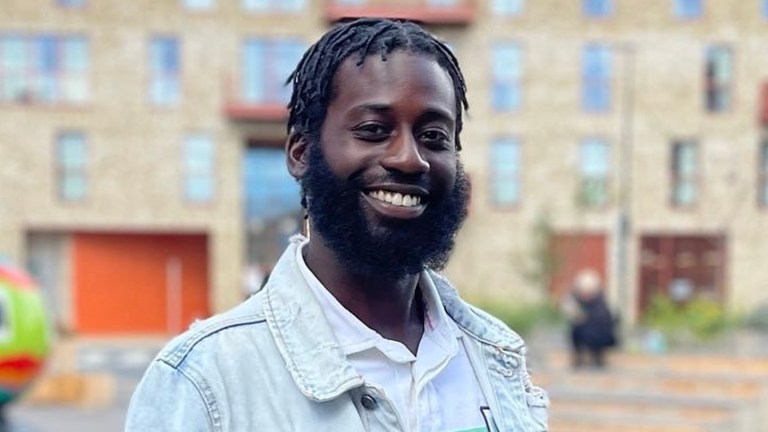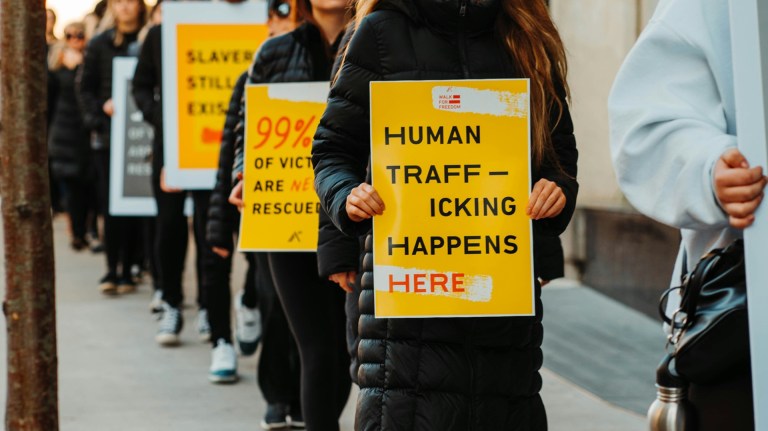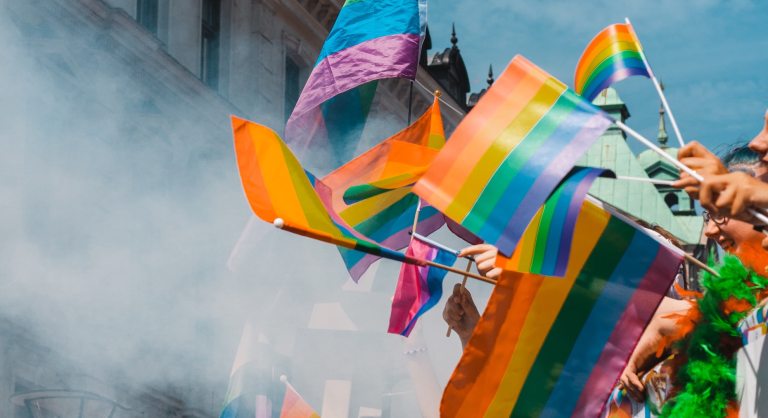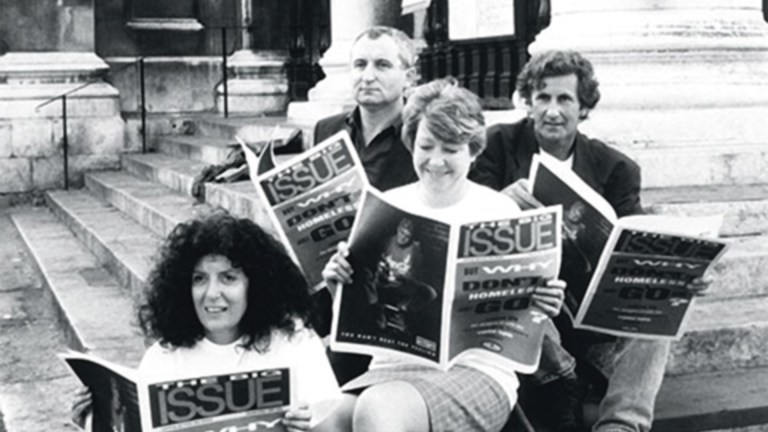It feels like stigma lurks everywhere for people experiencing street homelessness. Suella Braverman spread false claims about people who are homeless. Not long after, tents belonging to rough sleepers were destroyed outside a hospital in Camden. And then soon after that there was the incident where a homeless man outside a McDonald’s in central London had his blankets soaked with water and bleach. Those recent statements and incidents just the latest in a long history of some of us being verbally and physically mistreated and attacked.
Are these incidents all because of stigma? Not just politicians standing up for what they believe even if wrong? Or businesses and local authorities carrying out their duties in challenging situations even if they harm people?
Our ongoing research on stigma and homelessness is trying to understand how the institutions that intend to support people can instead be stigmatising them. The people who we speak to have a lot to say on stigma. They often speak of care and compassion, and of their own creative and positive responses to stigma. But also, all too often, histories of individuals and institutions marking people out because of who they are assumed to be, and then mistreating them.
Change a Big Issue vendor’s life this Christmas by purchasing a Winter Support Kit. You’ll receive four copies of the magazine and create a brighter future for our vendors through Christmas and beyond.
Recognising stigma isn’t always easy. There are awful and outrageously clear incidents of abuse. But at other times the stereotypes and prejudice that drive stigma are not spoken aloud. Sometimes we get so used to discrimination that it might seem like “just how things are”. Stigma also isn’t a ‘thing’ people ‘have’, it is an idea that flows around society pushed along by powerful groups and has awful results. The formula of those ideas is something like ‘that experience/behaviour/appearance is bad/immoral/dangerous/disgusting and so we need to ban/harm/get rid of them’. And those ideas have nothing inherently to do with what or who is marked out, as we know from how stigma changes and evolves over time. What or who is seen as dangerous or needing control in one place and time is different to another. Trying to pin down those ideas as they develop and circulate is tricky.
Respondents to our study are describing these processes though. There are lots of people giving us enormous insight to the hidden ways in which stigma comes about and impacts on people.










